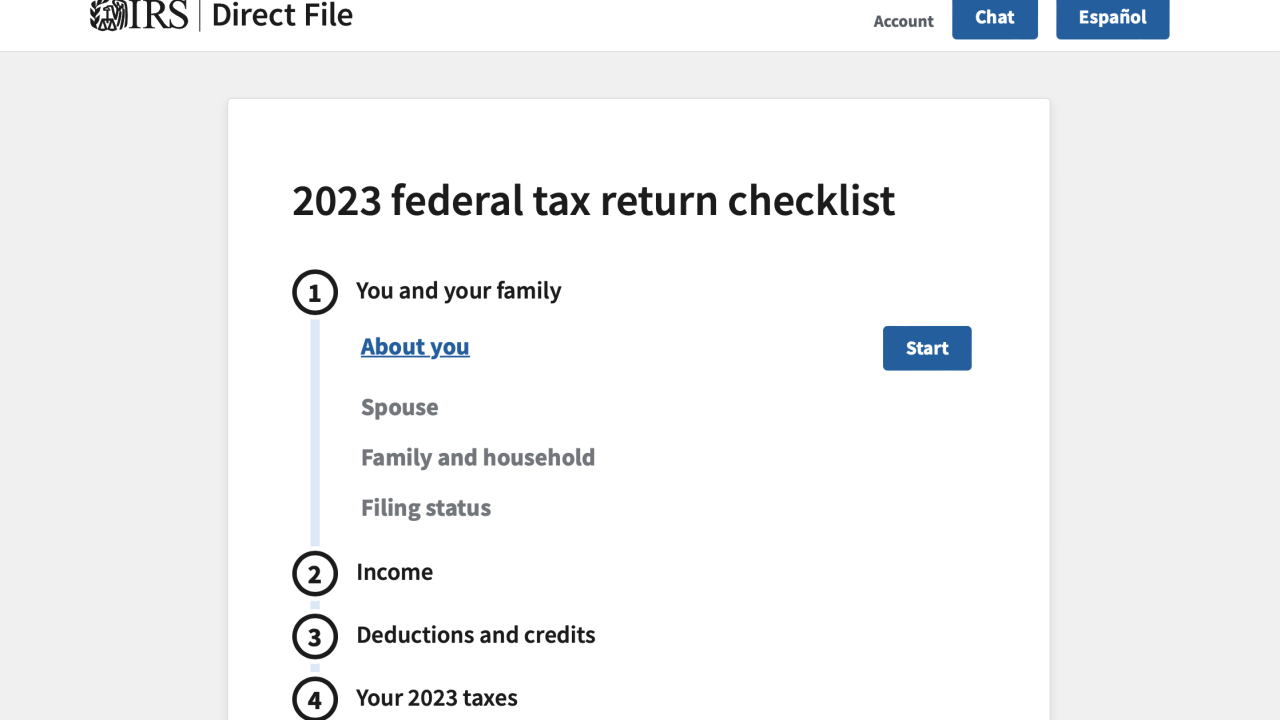"Have you heard of this group?" asks Howard, my editor, handing me a printout.
"This is kind of for work and kind of not for work." The printout described Protected Tomorrows (
Ehlert has been receiving a lot of planning questions from the parents of special-needs kids since Sarah Palin's acceptance speech for the Republican vice-presidential nomination when she uttered, for the first time at a political convention, the words "special needs." (Palin made bigger headlines for unprecedented utterances of "lipstick," "pit bull" and "he's still my guy," but those didn't help me much.) In case you've been in orbit around Pluto for three weeks and have missed the media snowstorm, Palin has a baby son with Down's Syndrome, and she pledged to parents of special-needs parents that if she's elected, "you will have a friend in the White House."
Special needs trusts are set up to secure the financial futures of kids like Alex, as the years go by and doubt diminishes that they'll ever be able to shift for themselves. "If you have a child with a disability, you will need different planning," says a Baltimore Sun
Mystifying to me why it would take a major political speech to create such awareness. I'm aware of it every time Alex bolts from me on the street to study a chicken-wire window, or wakes up two or three times a night. I'm aware of it when he can't write a sentence, and still watches Elmo while he eats sliced hot dogs without a fork. I've been aware of his future shiftlessness since he was a baby in the hospital, and I held him and he didn't look me in the eye. At that time, his eventual adulthood seemed impossible. Now it's just scary. "Special planning" doesn't begin to describe it.
Ehlert says parents ask if they're supposed to be doing "something different." I wish I was doing something different, like taking time out from feeling exhausted, from trying to coax a sentence out of Alex, and from feeling most at home in roomfuls of strangers who happen to have kids like mine. Like taking the time to assess Alex's real needs and the money needed to maintain those needs in the future. I guess one thing I've starting doing differently is to stop waiting for friends anywhere to take care of my son. Except maybe Howard.





